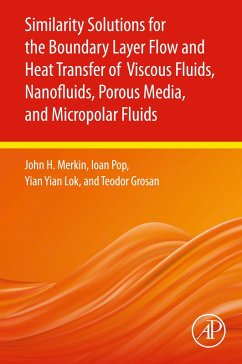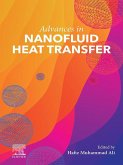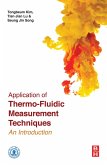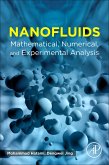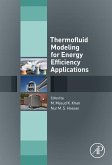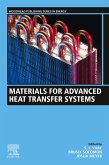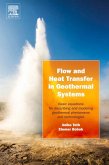Similarity Solutions for the Boundary Layer Flow and Heat Transfer of Viscous Fluids, Nanofluids, Porous Media, and Micropolar Fluids presents new similarity solutions for fluid mechanics problems, including heat transfer of viscous fluids, boundary layer flow, flow in porous media, and nanofluids due to continuous moving surfaces. After discussing several examples of these problems, similarity solutions are derived and solved using the latest proven methods, including bvp4c from MATLAB, the Keller-box method, singularity methods, and more. Numerical solutions and asymptotic results for limiting cases are also discussed in detail to investigate how flow develops at the leading edge and its end behavior.
Detailed discussions of mathematical models for boundary layer flow and heat transfer of micro-polar fluid and hybrid nanofluid will help readers from a range of disciplinary backgrounds in their research. Relevant background theory will also be provided, thus helping readers solidify their computational work with a better understanding of physical phenomena.
Detailed discussions of mathematical models for boundary layer flow and heat transfer of micro-polar fluid and hybrid nanofluid will help readers from a range of disciplinary backgrounds in their research. Relevant background theory will also be provided, thus helping readers solidify their computational work with a better understanding of physical phenomena.
- Provides mathematical models that address important research themes, such as boundary layer flow and heat transfer of micro-polar fluid and hybrid nanofluid
- Gives detailed numerical explanations of all solution procedures, including bvp4c from MATLAB, the Keller-box method, and singularity methods
- Includes examples of computer code that will save readers time in their own work
Dieser Download kann aus rechtlichen Gründen nur mit Rechnungsadresse in A, B, BG, CY, CZ, D, DK, EW, E, FIN, F, GR, HR, H, IRL, I, LT, L, LR, M, NL, PL, P, R, S, SLO, SK ausgeliefert werden.

